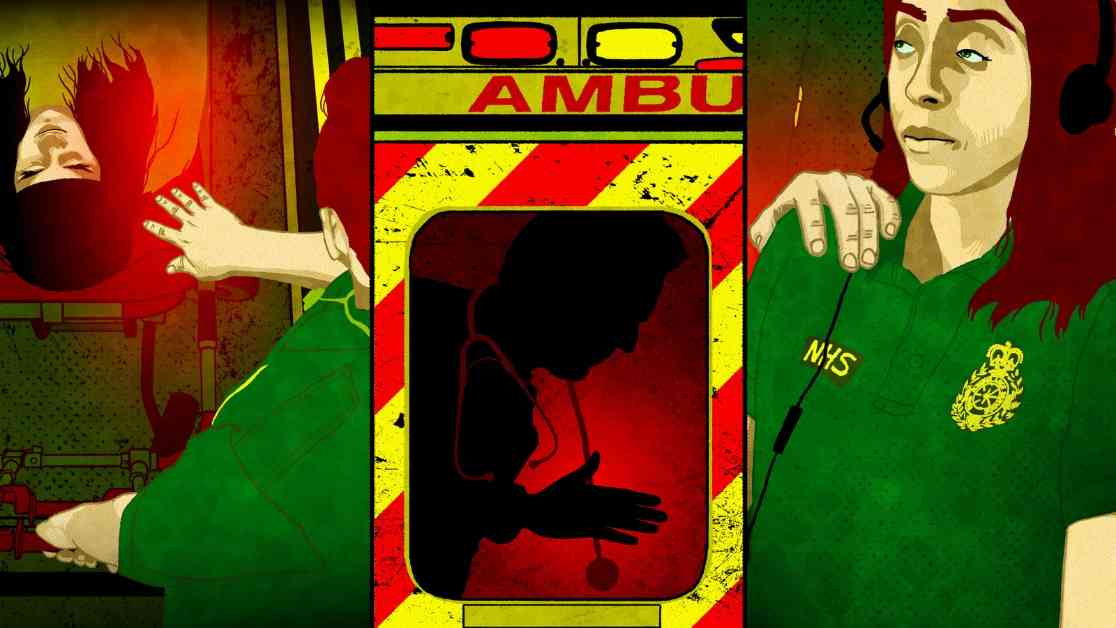The traumatic experience of a single mother, Lucy, who was a victim of sexual assault by a paramedic during her ambulance ride after her drink was spiked at a local pub, sheds light on the prevalent culture of abuse and harassment within the ambulance service. Despite the paramedic being found not guilty in a criminal trial, he was later struck off by the Health and Care Professions Council due to concerns about patient safety.
Lucy’s story is not isolated, as a Sky News investigation revealed a disturbing pattern of sexual misconduct complaints against paramedics, with one in five complaints involving acts against patients or the public. The investigation also uncovered a culture where patients, especially young women, were sexualized and subjected to inappropriate behavior by some paramedics.
Whistleblowers from various trusts spoke out about the normalization of sexualized language and actions within the ambulance service, with incidents like “totally unnecessary breast examinations” and explicit objectification of female patients being reported. The stories shared by former and current paramedics highlight a toxic environment that compromises patient safety and staff well-being.
Moreover, the article discusses the case of Ellie, a former call handler in an ambulance control room, who experienced sexual harassment from her manager. Despite reporting the harassment to HR, she felt unsupported and ultimately left her job. The lack of accountability and proper investigation in addressing such misconduct reflects a systemic issue within the ambulance service that needs urgent attention.
Ambulance boss Jason Killens acknowledges the failures in addressing inappropriate behavior within the service and emphasizes the need for cultural change to prevent misconduct from escalating. Efforts are being made to expedite investigations and provide support for victims of sexual misconduct through initiatives like the sexual safety hub.
While steps are being taken to address these issues, victims like Lucy, Ellie, and others continue to grapple with the aftermath of their traumatic experiences. The commitment from ambulance and NHS leaders to eradicate sexual misconduct and foster a safe working environment is crucial in restoring trust and ensuring the well-being of both patients and staff.
In conclusion, the article underscores the importance of holding perpetrators accountable, changing the culture within the ambulance service, and providing support for victims of sexual misconduct. By addressing these systemic issues, the ambulance service can uphold its commitment to patient safety and professional integrity.













